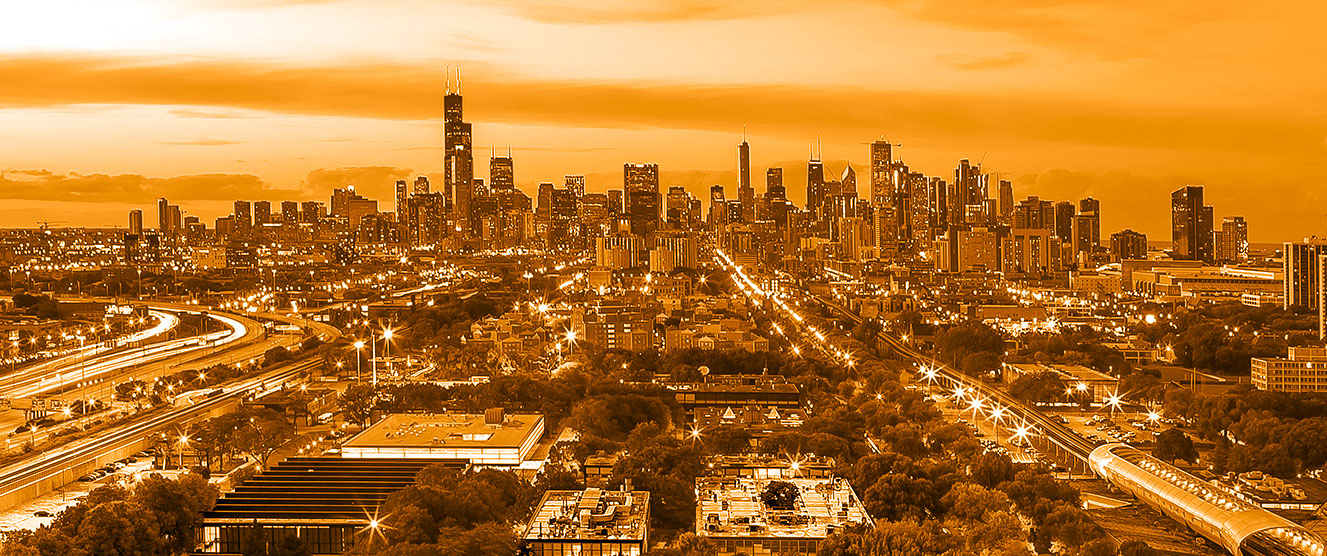

Illinois’ Second Chance Gap
90% of Illinoisans with arrest or conviction records who are eligible for sealing or expungements remain in the "Second Chance Gap," meaning that though they are eligible for records relief they have not started the process. Records create permanent barriers to housing, employment, education, and more. Enacting Clean Slate legislation will automatically clear hundreds of thousands of records, increasing opportunities for people who have come in contact with the criminal legal system. These Illinoisans, who are disproportionately Black and Brown people, will then have real second chances and the opportunity to become a vibrant part of our state’s economy.
Records create obstacles for people even after their involvement with the system ends.
► 4 out of 5 landlords conduct background checks
► 9 out of 10 employers conduct background checks
► 1,000+ Illinois laws hinder the rights of people with records
► 2+ years: how long many Illinoisans must wait to have their records sealed or expunged
Records relief expands access to opportunities for individuals, families, and communities.
► Access to employment and opportunities reduces recidivism, making communities safer
► Job seekers’ wages increase 20% within one year of having their record cleared
► Illinois could gain $4.7 billion in annual GDP by including people with records in its economy
Illinois’ second chance gap is large and the current system is not delivering justice.
Illinois’ laws allow for sealing a broad range of misdemeanors and felony convictions following a waiting period. However, research by the Paper Prisons Initiative shows that most Illinoisans who are eligible haven’t received relief.
- More than 3 million Illinoisans have an arrest or conviction record
- An estimated 1.5 million people have a conviction record
- An estimated 2.2 million people with arrest or conviction records are eligible for relief
- An estimated 921,000 people with convictions are eligible for record relief.
However, less than 6,000 convictions were sealed in 2021. At this current rate of relief, it would take 154 years to clear the conviction backlog.
Clean Slate will address the economic impact of Illinois’ second chance gap.
The current system fails to deliver the outcomes intended by Illinois’ record clearance laws. When people experience barriers to record relief, they are excluded from contributing to the economy. Research shows that there is:
- An estimated $5,100 national annual average loss in earnings associated with a misdemeanor
- An estimated $6,400 national annual average loss in earnings associated with a felony
- A $4.7 Billion aggregate estimated earnings impact of the second chance gap in Illinois
We need you to help fight for Clean Slate in Illinois.
Find out more and sign up for campaign updates here.
Read more from the Paper Prisons Initiative about the Illinois Second Chance Expungement/Sealing Gap.

